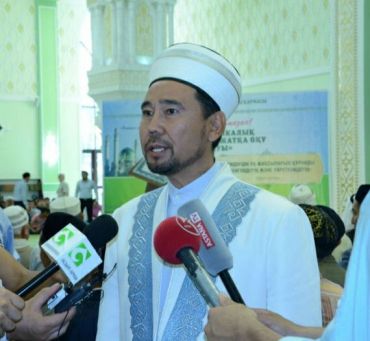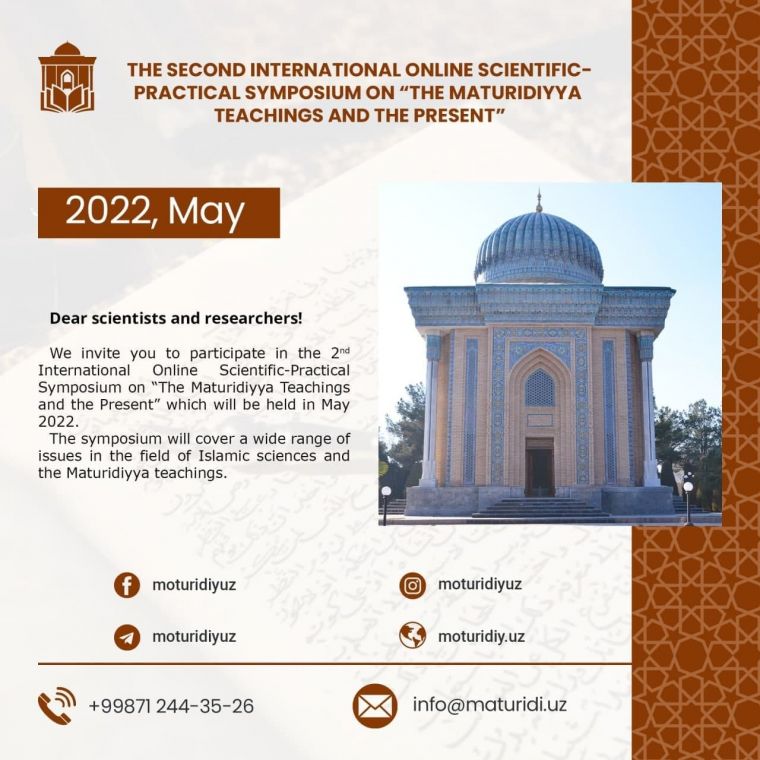Tashkent city



VIII Kurultay (meeting) of Religious Muslim Board of Kazakstan was held in Almati and according to it the new muftiy of Kazakstan has become Oraz Khadji Serikbay, Chief imam of “Khazret Sultan” grand mosque.
On December 8th new muftiy Serikbay Khodji Oraz was presented for the participants of the meeting. About 300 delegates univocally approved the candidature of Serikbay Khodji Oraz. During the meeting new deputies of the muftiy were elected. The former muftiy was 45-years old Erjan Khodji Malgajioli.
Serikbay Oraz Satibaldi oli was born on April 12, 1975. In 1992 he graduated madrasah on preparation of Koran reciters in Tashkent, University of Al Azkhar in Egypt and World University of Islamabad. Studied (part time) at State Law University named after Abay in Almati.
He worked as an assistant imam in a Almati mosque, teacher at Islamic Institute and the rector of Islamic University. In 2013 he was appointed as Deputy Muftiy and Chief Imam of “Khazret Sultan” grand mosque. Married and has 7 kids.
Press Service,
Muslim Board of Uzbekistan

The main directions of the symposium are:
- Life and scientific heritage of Imam Maturidi;
- The Maturidiyya teachings and its history;
- The importance of the Maturidiyya teachings today;
- Issues of modern Islamic studies;
- The study of the Maturidiyya teachings today;
- Propagation of moderate Islamic teachings.
Scientists, specialists, professors, doctoral students, researchers, masters, and students from all over the world can apply to participate in the symposium.
Articles for the symposium will be accepted in Uzbek, Arabic, English, Turkish, Russian, German, French, Persian, and Urdu.
The results of the symposium will be published in the form of a scientific collection.
Those wishing to participate in the Symposium are required to submit an article annotation by February 28, 2022, to the addresses below.
Telephone: (71) 244-35-26, (71) 244-35-18;
Telegram: +998 99 803 31 41;
E-mail: info@maturidi.uz;
WhatsApp: +998 91 172 76 77